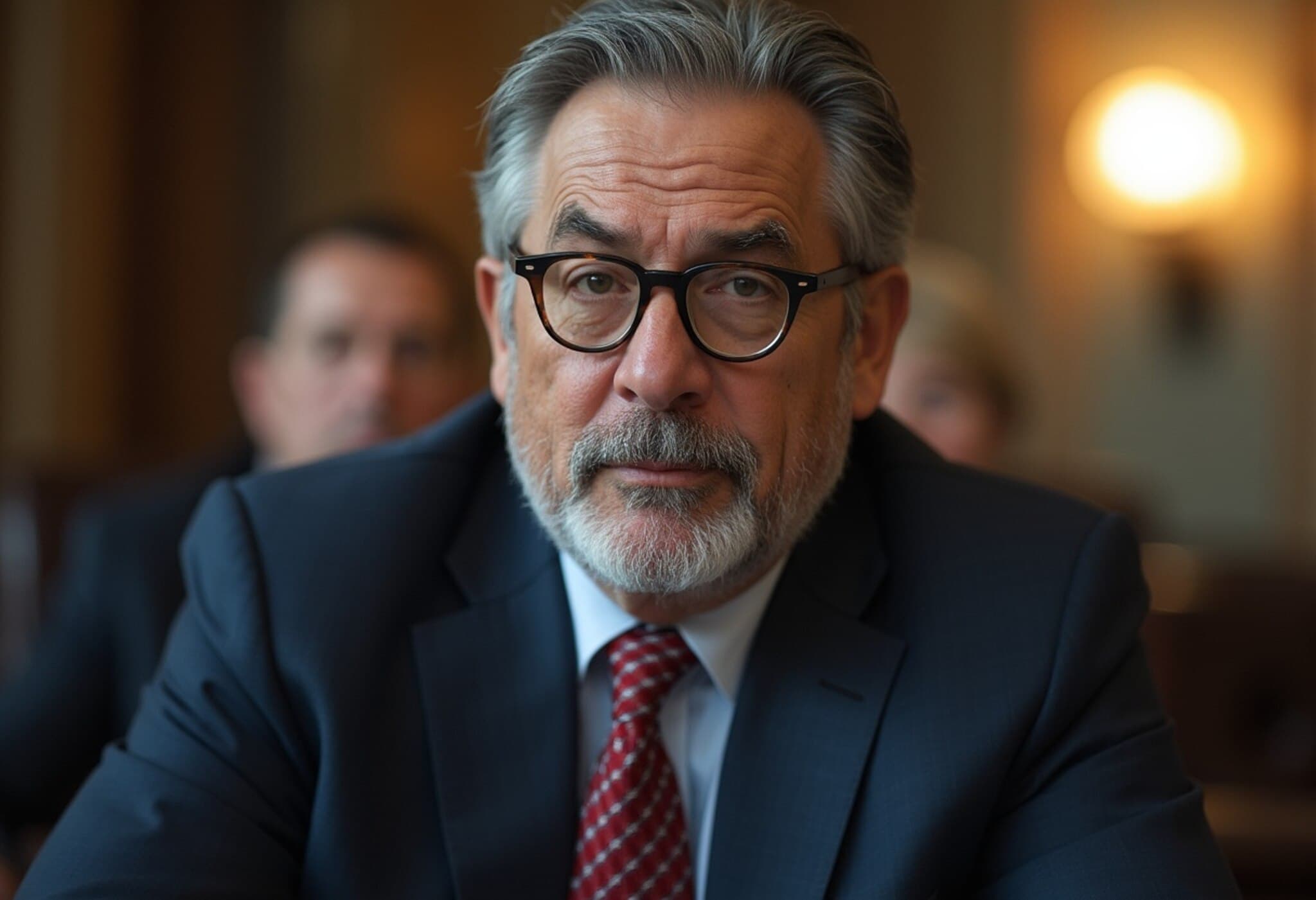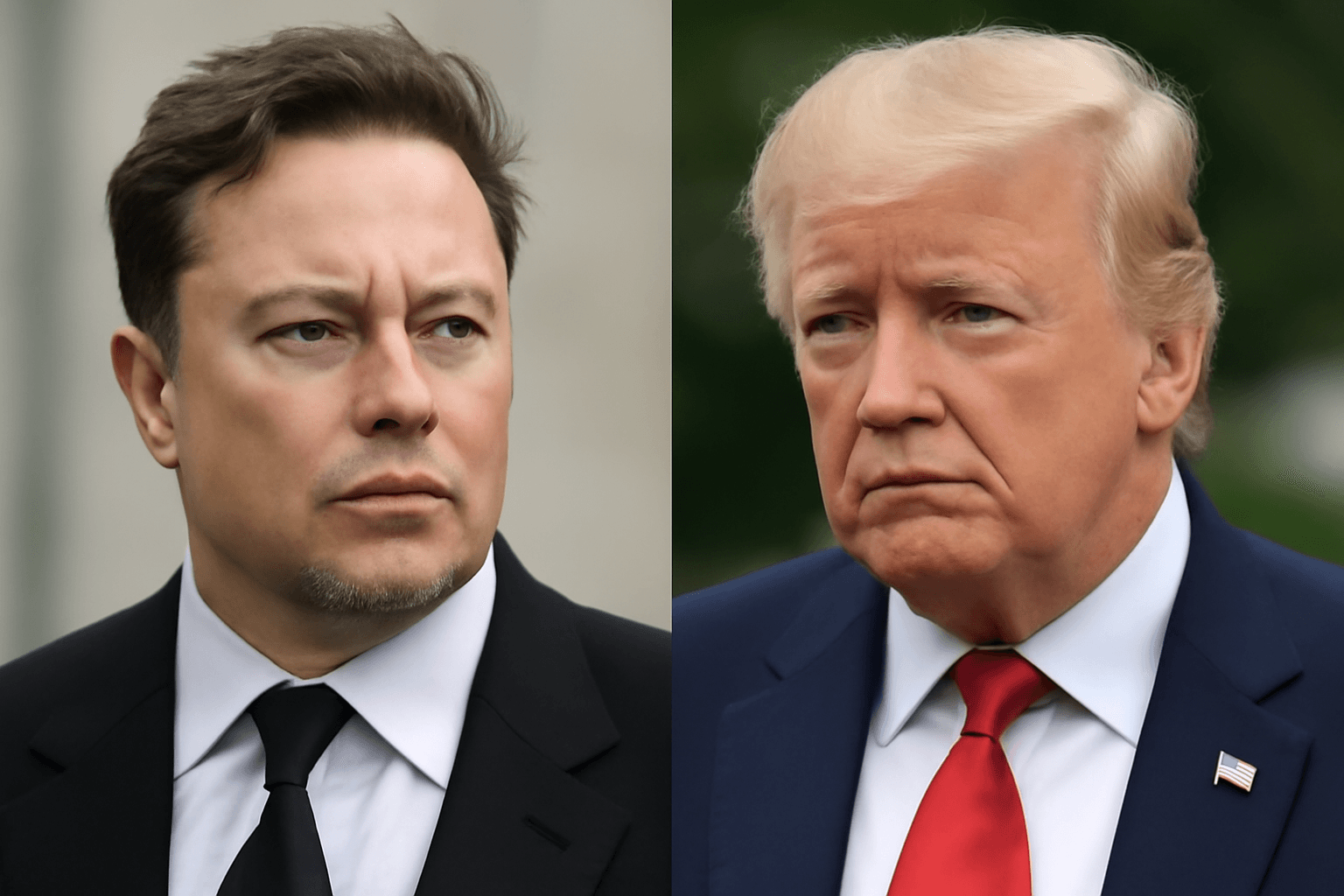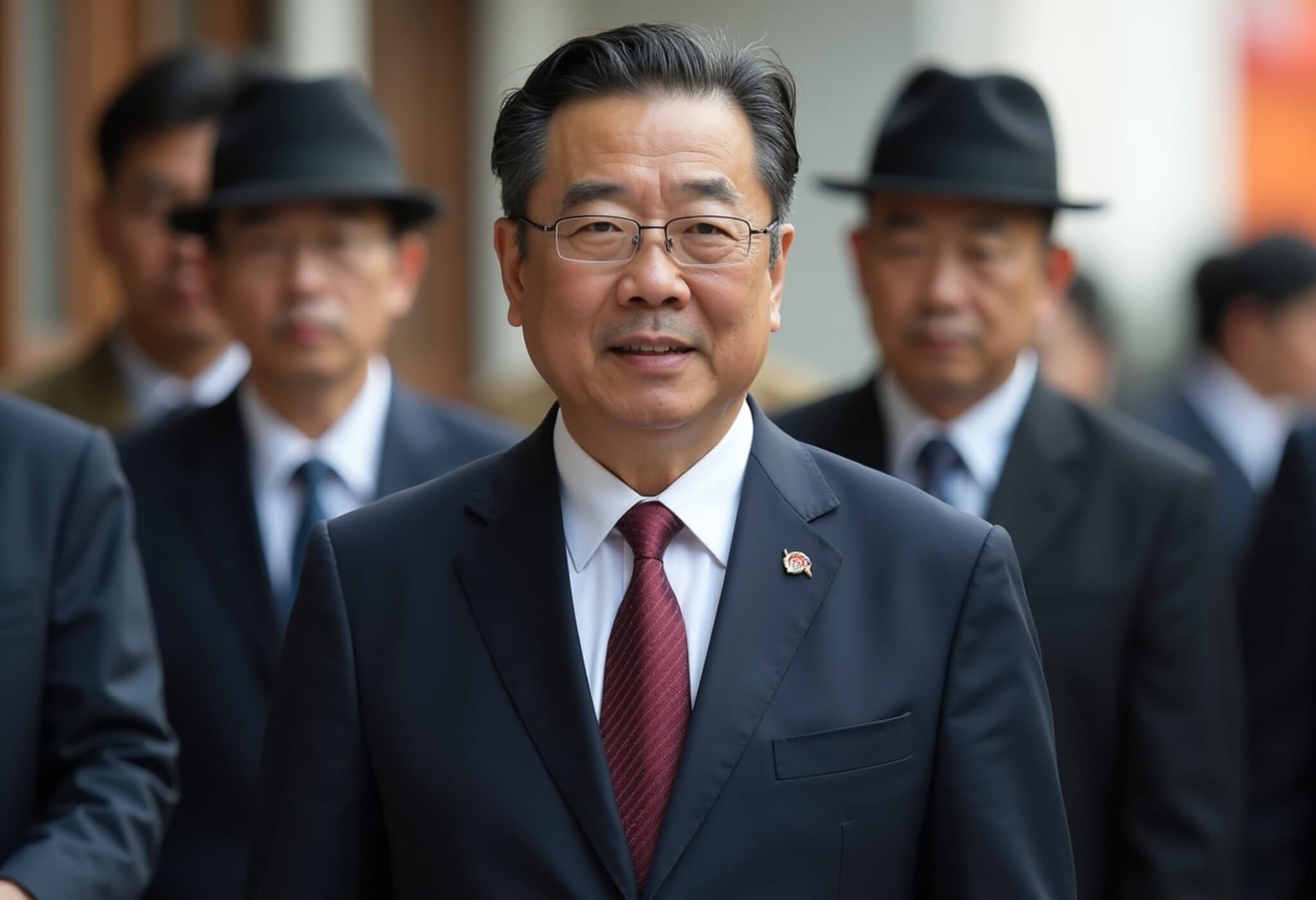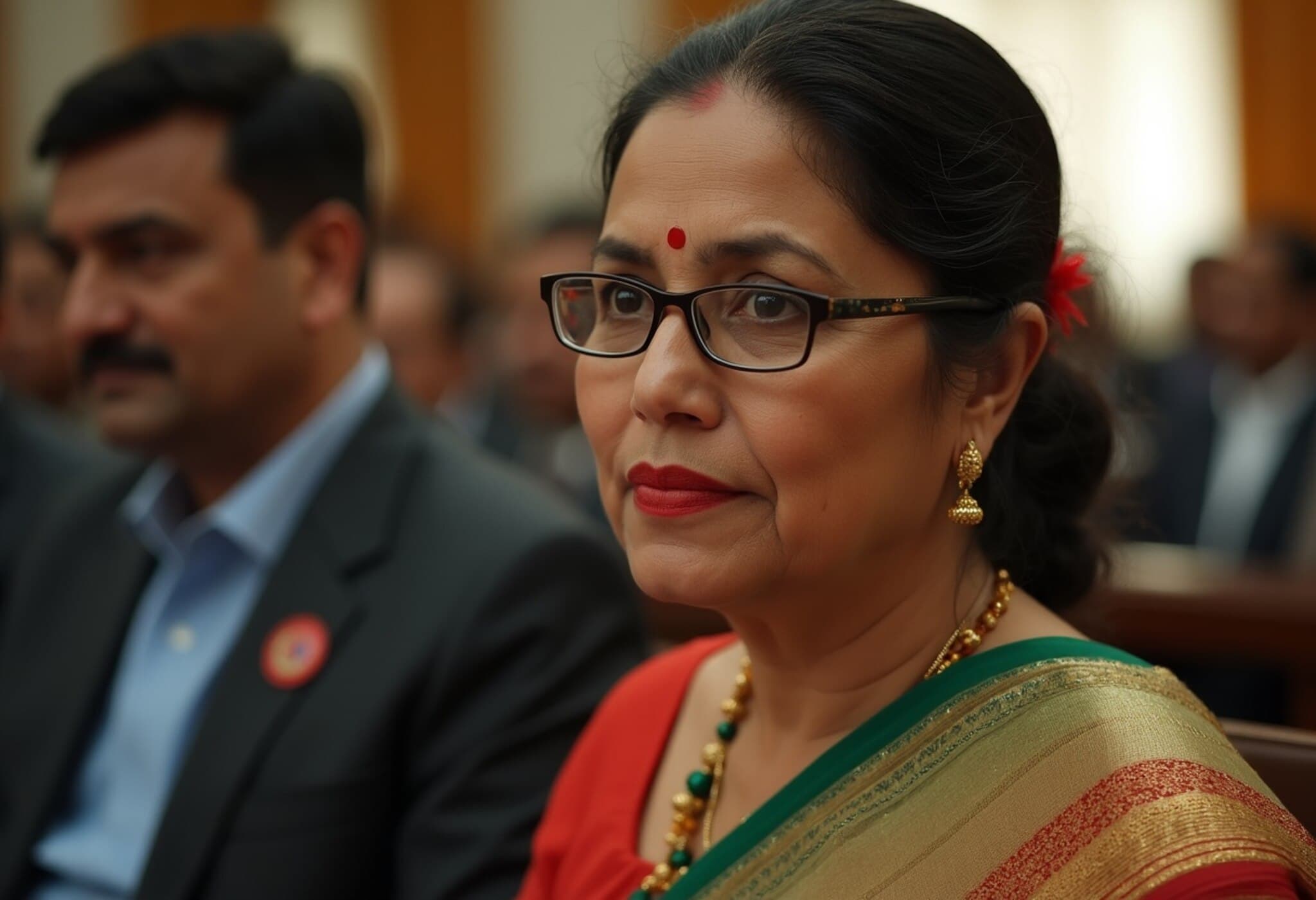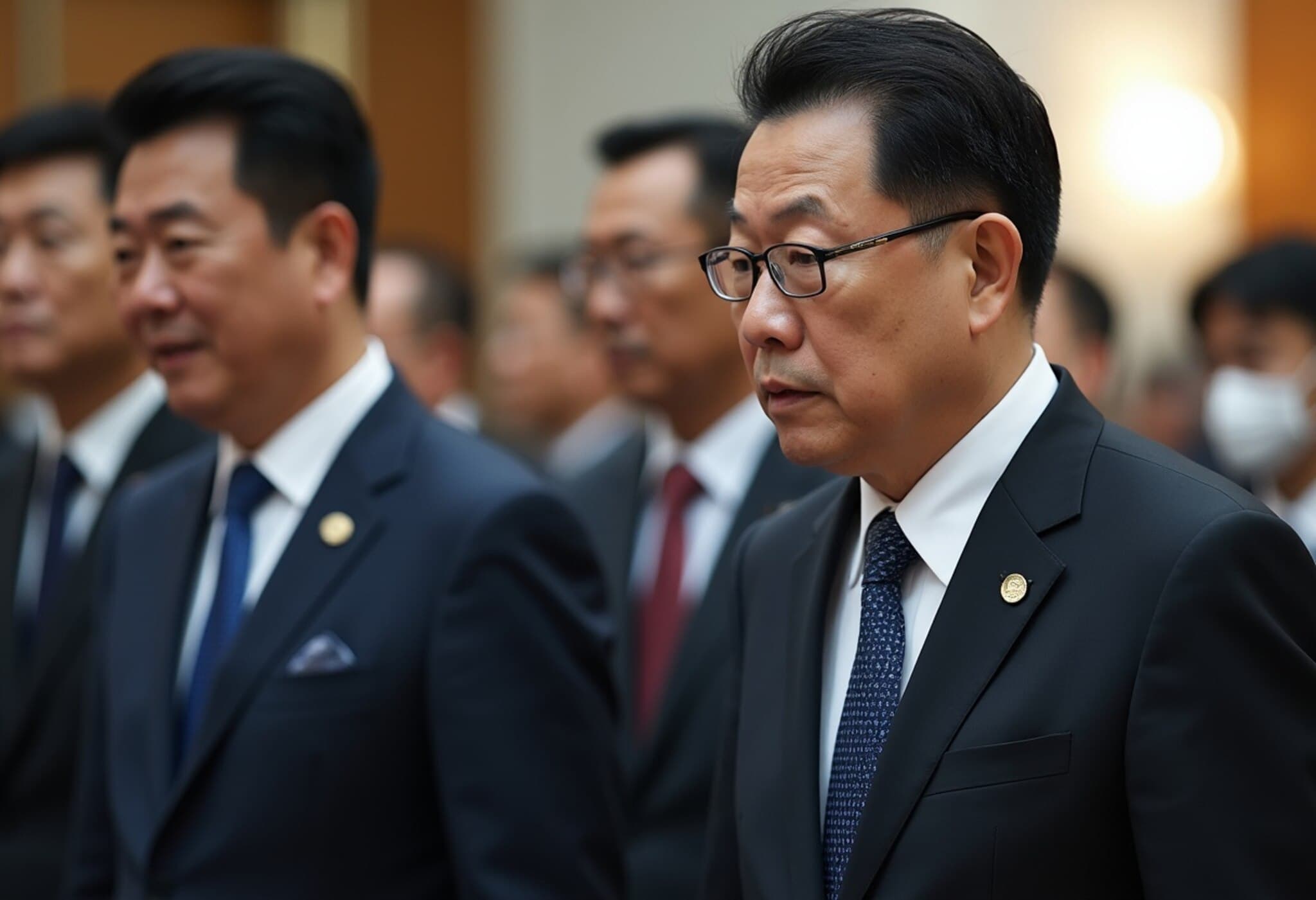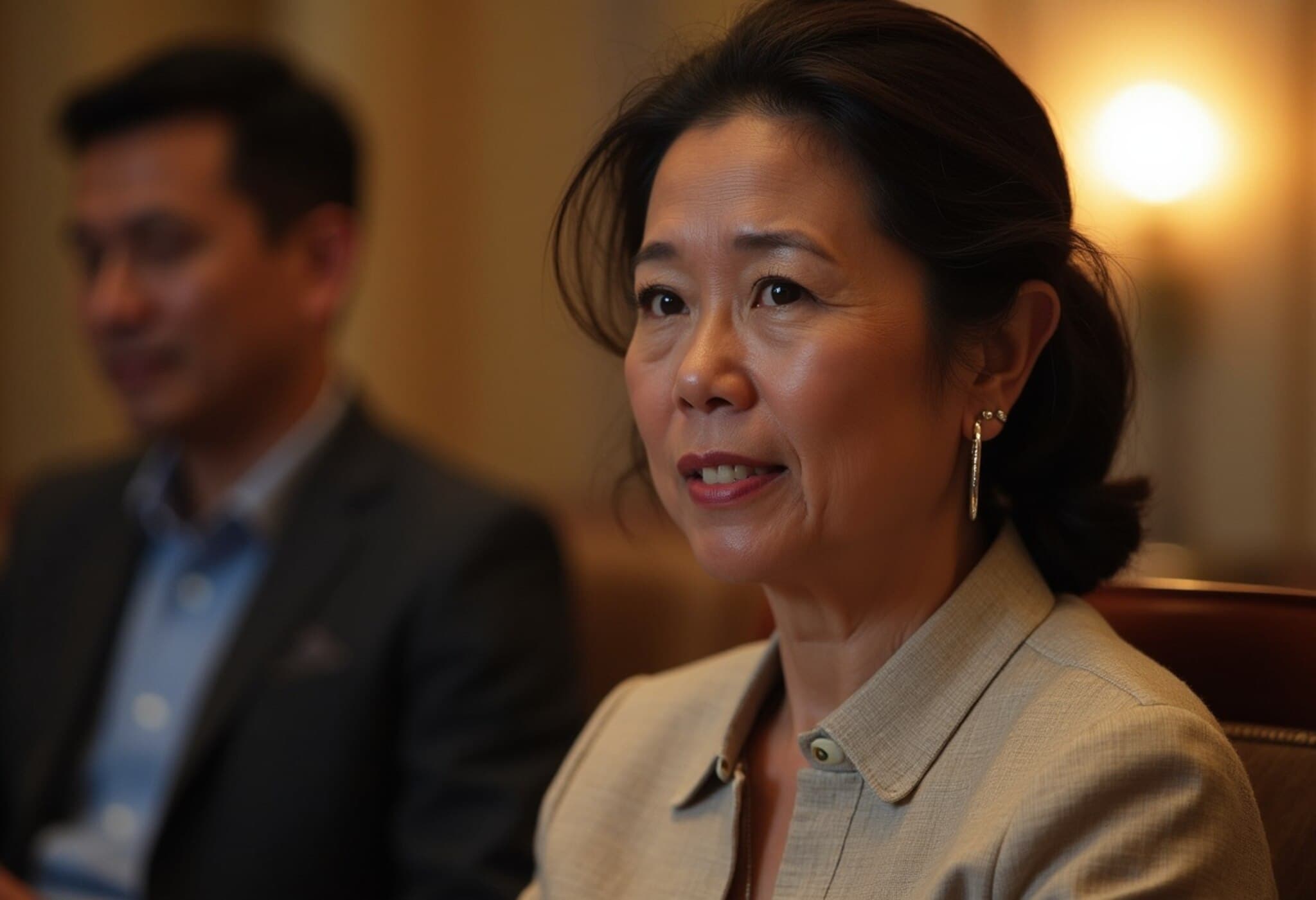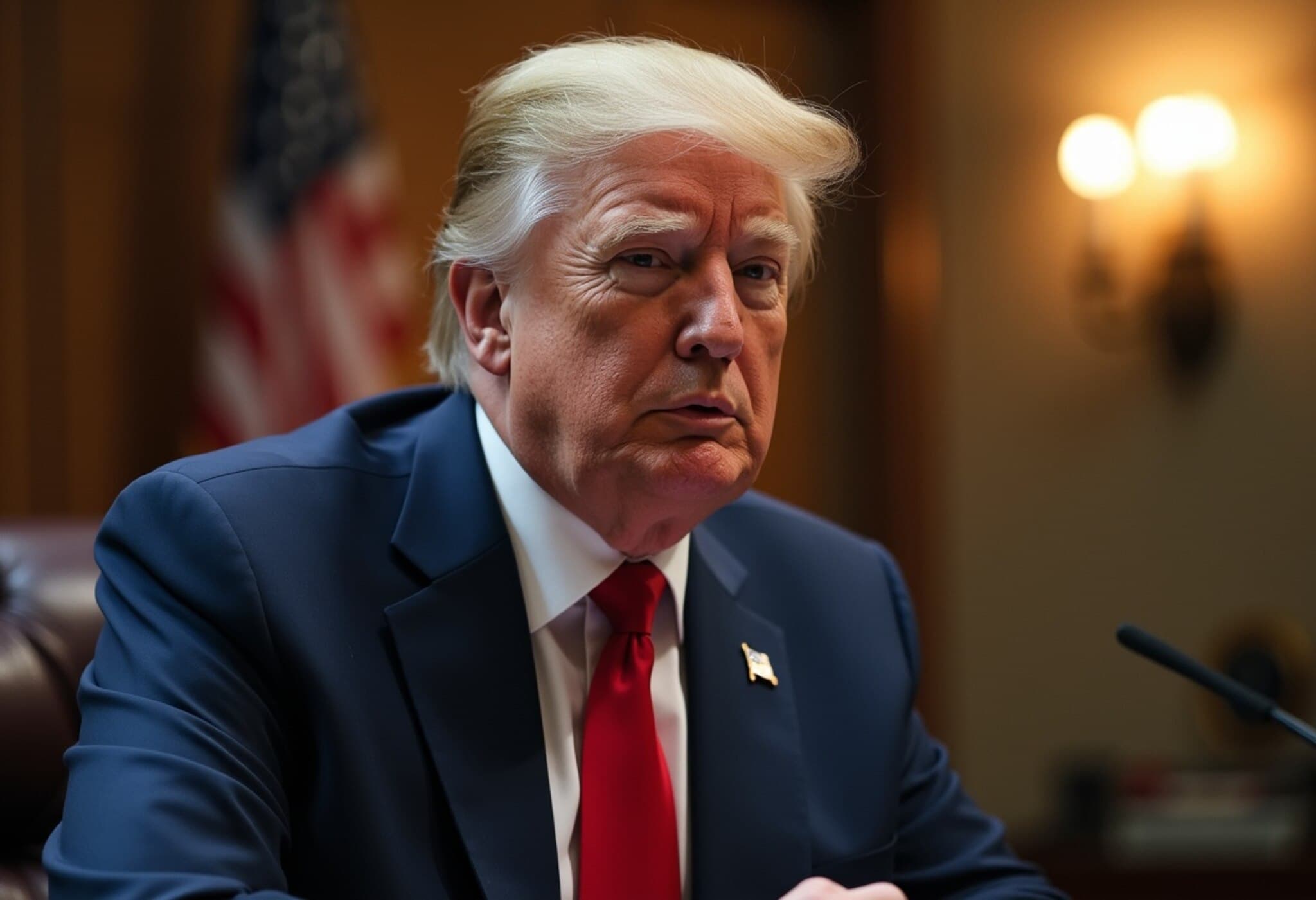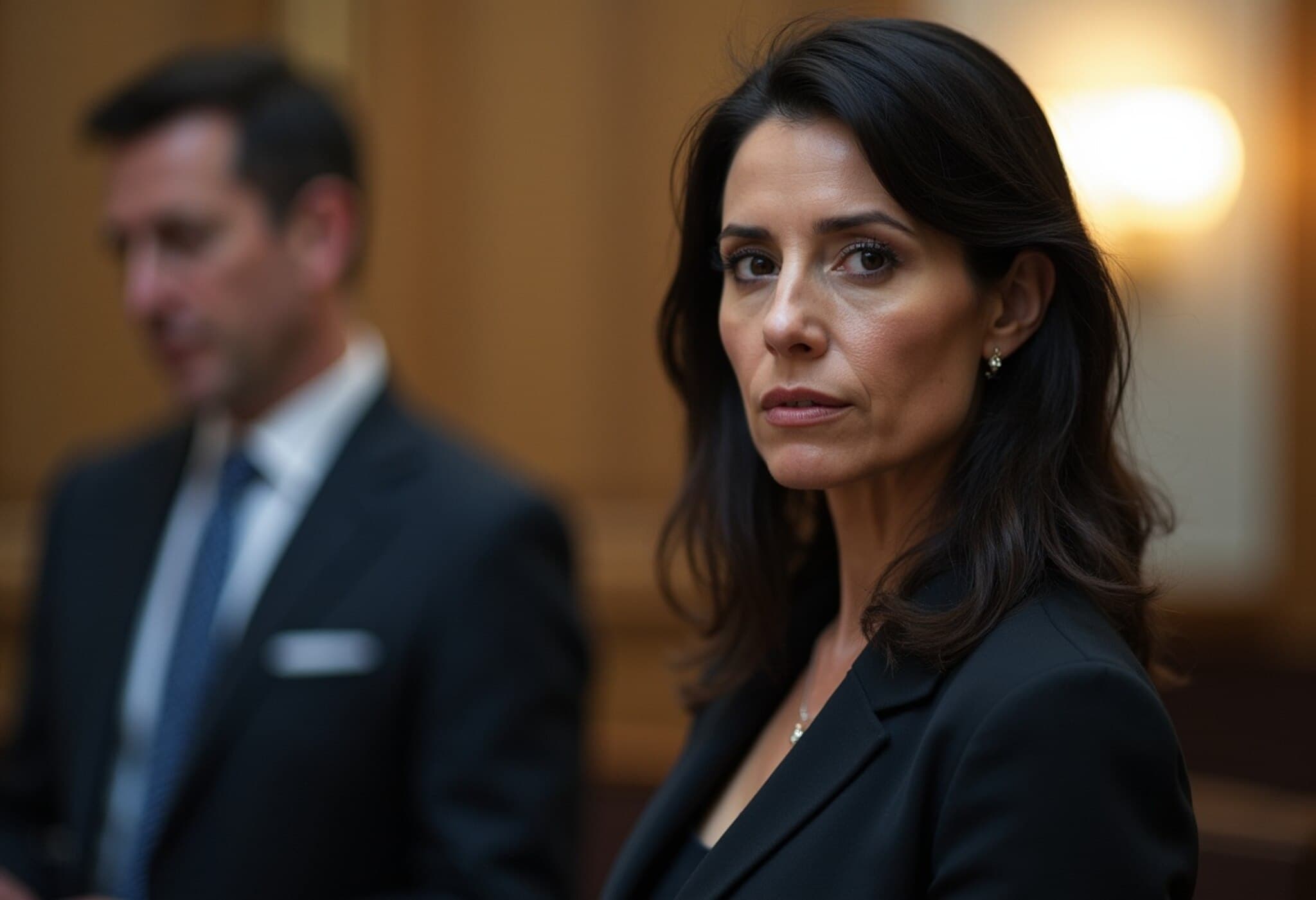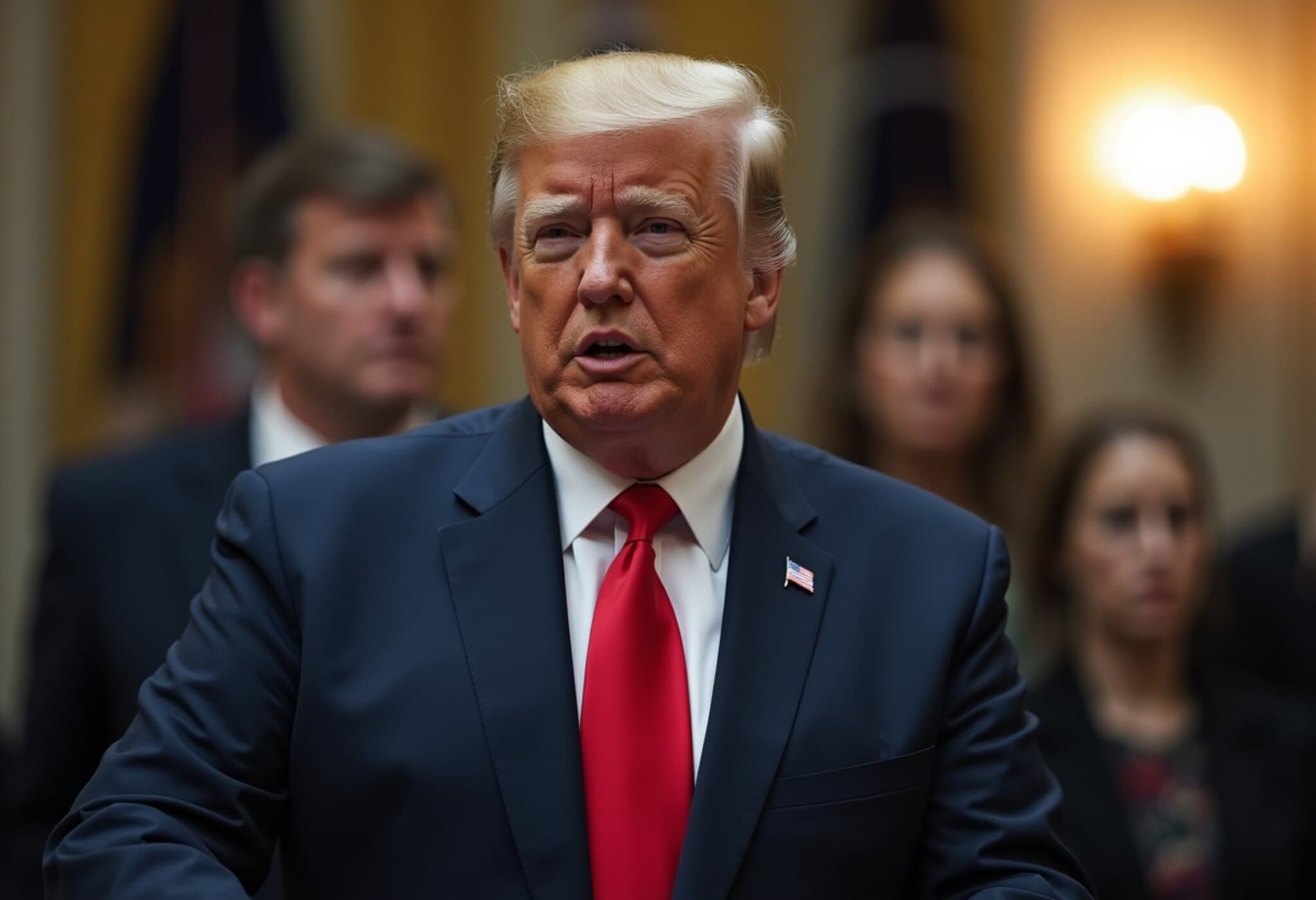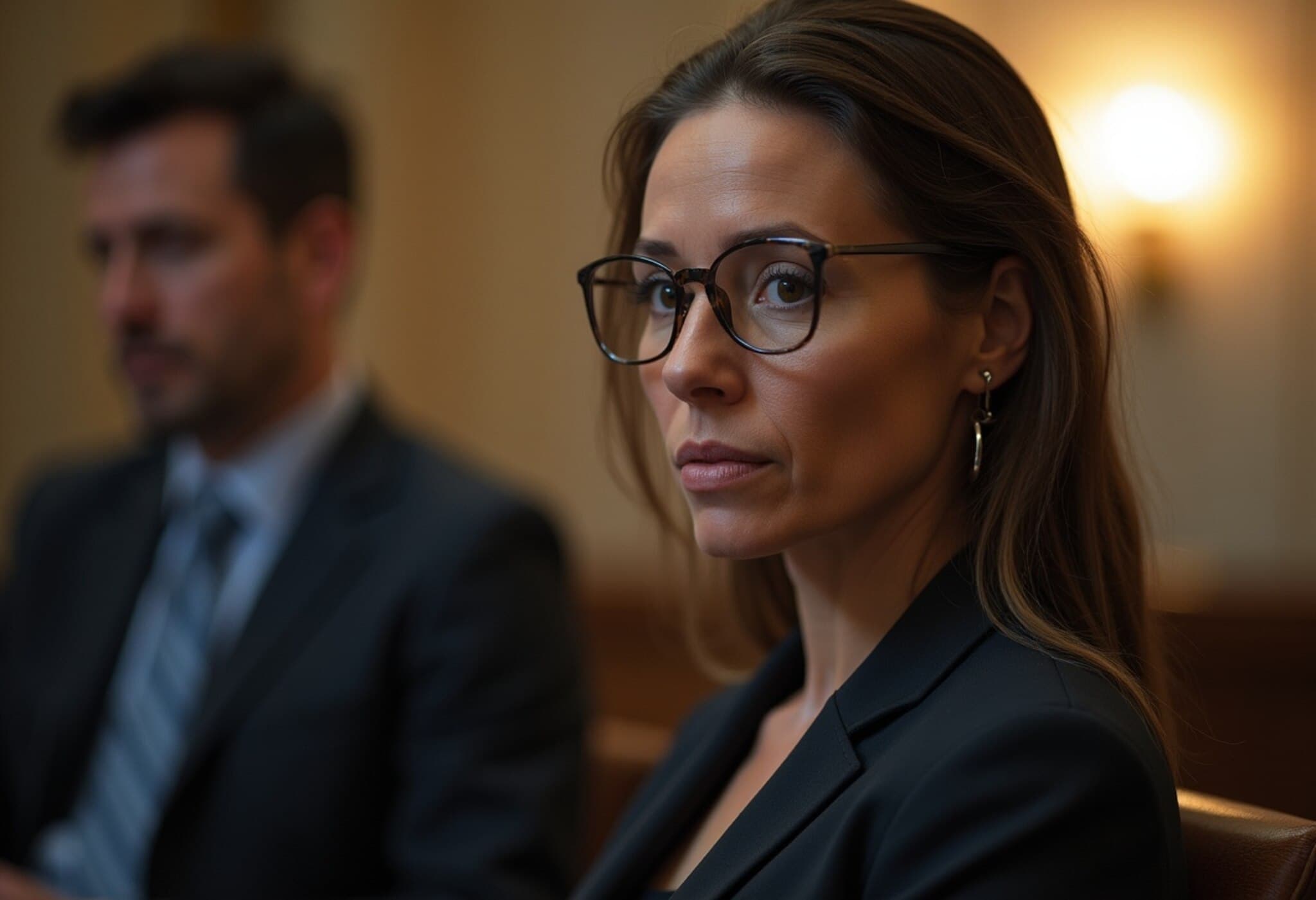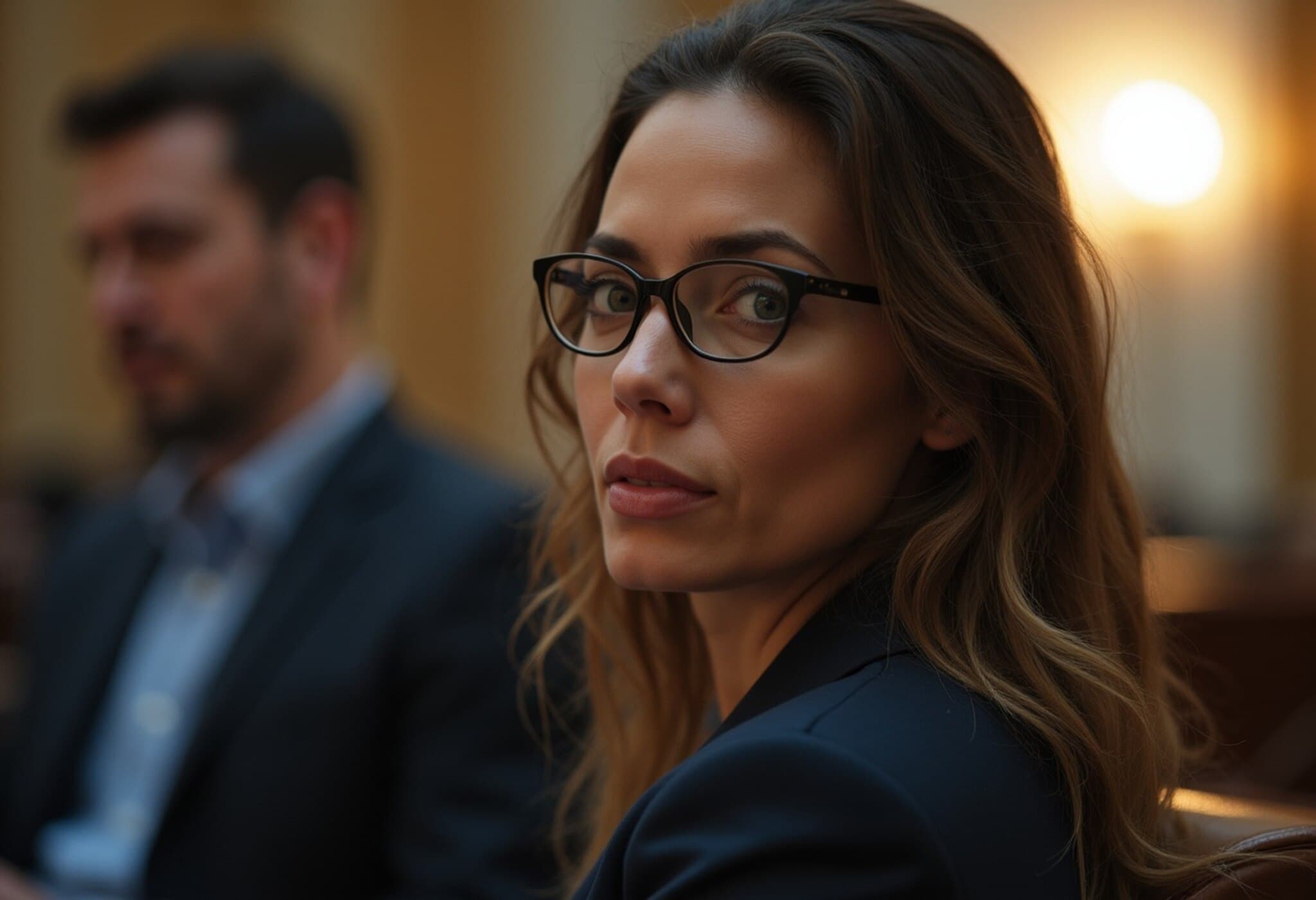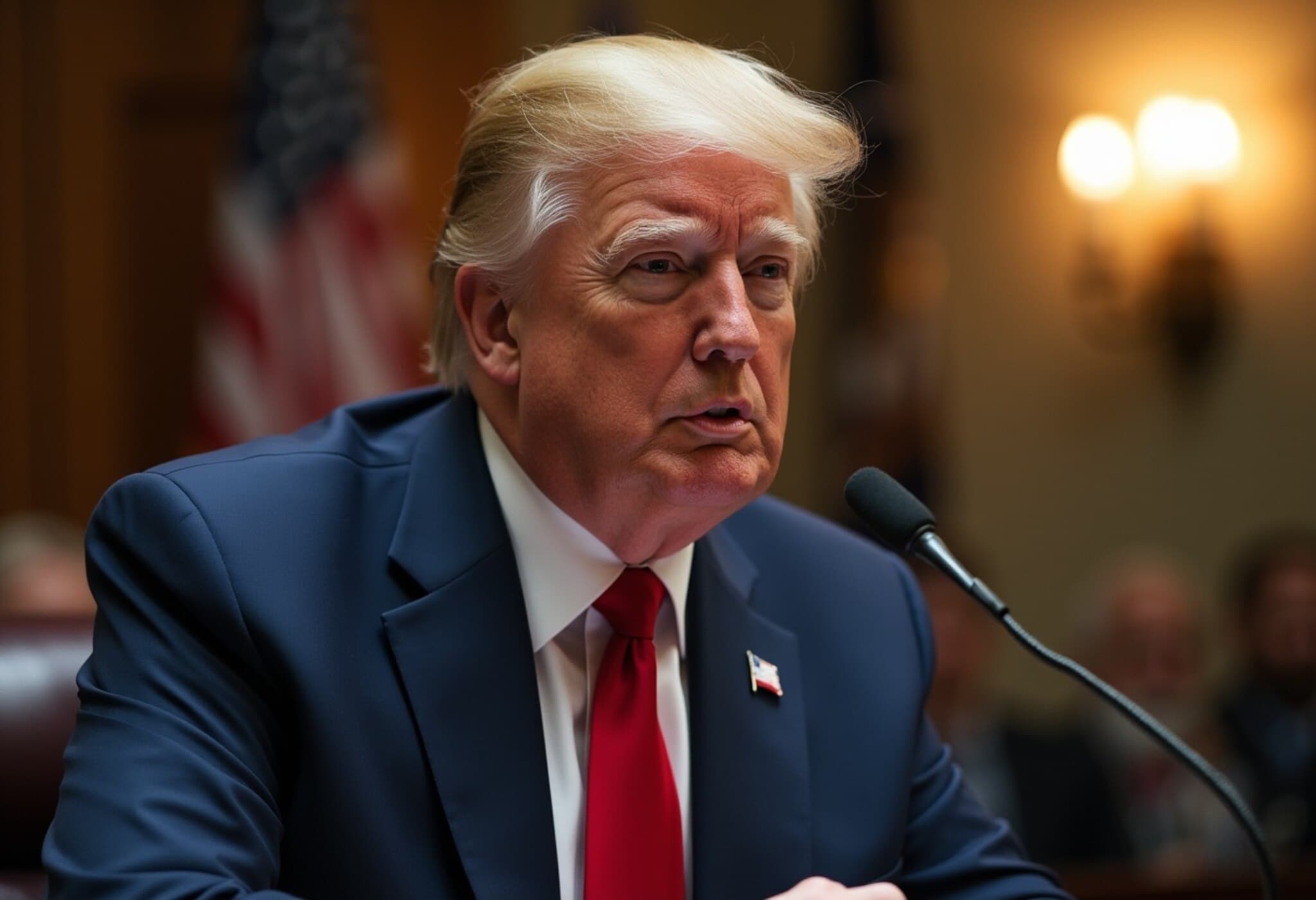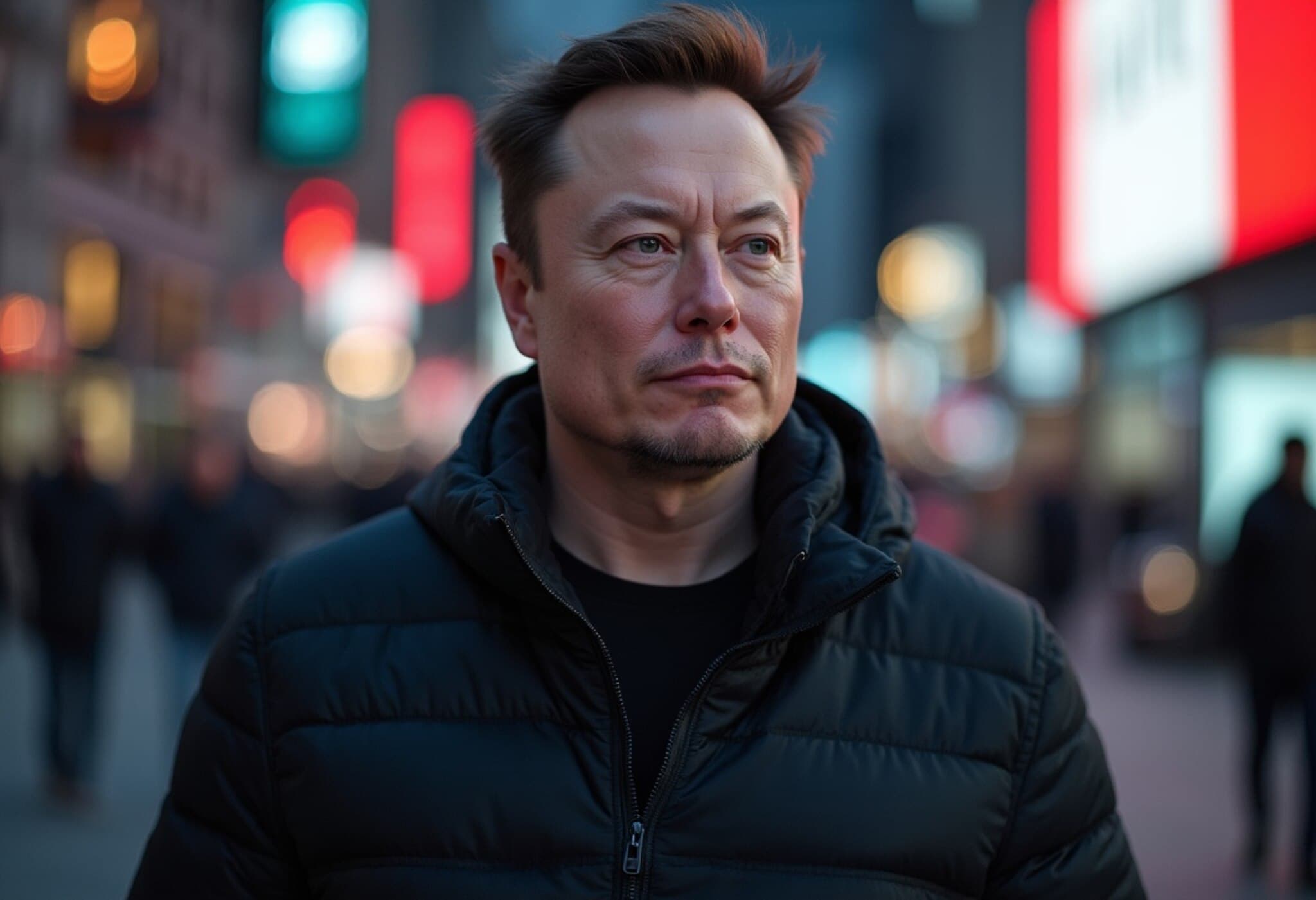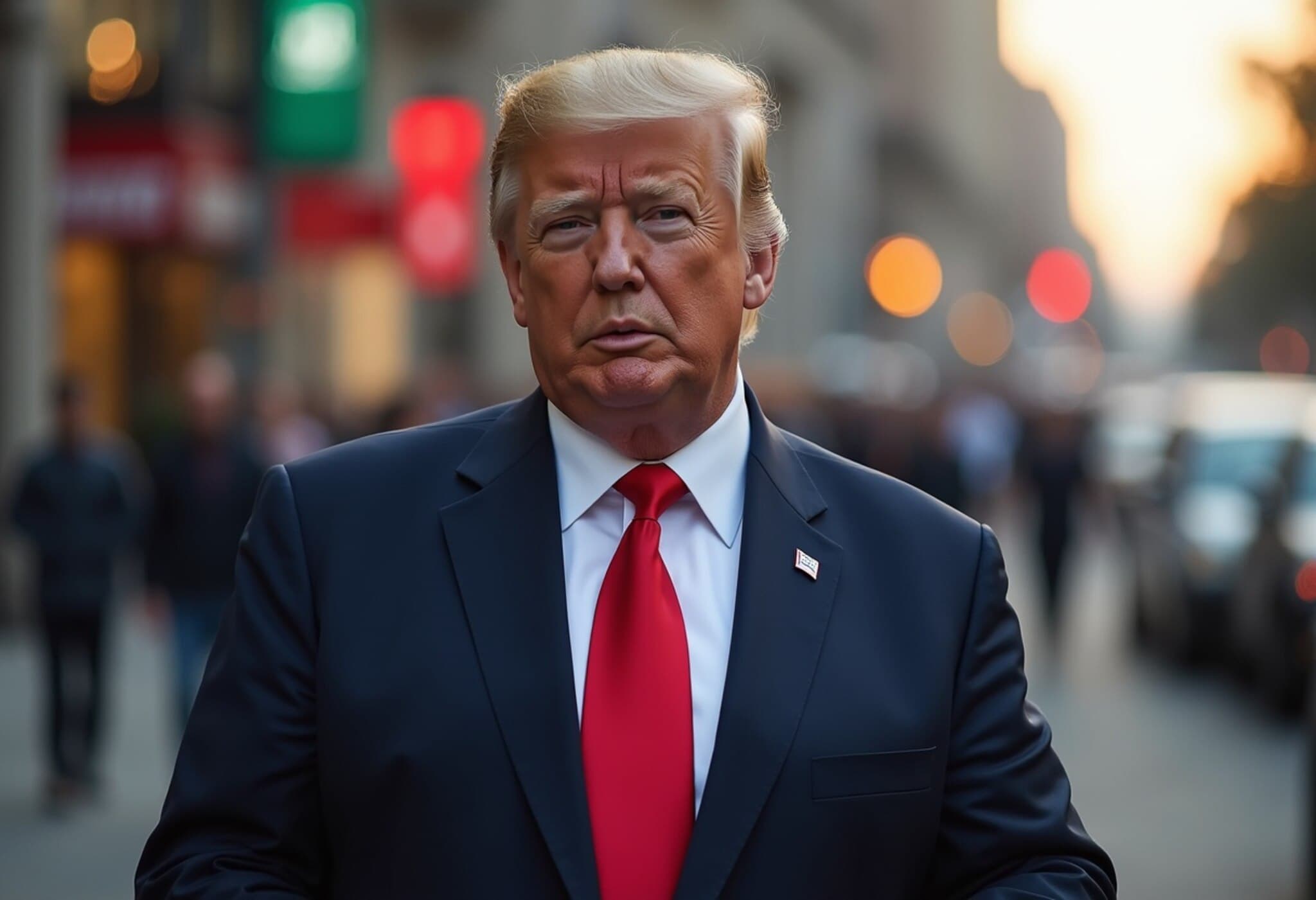Ghislaine Maxwell Under Scrutiny in Second Day of DOJ Interview
In a striking development that continues to rekindle public interest and political tensions surrounding the Jeffrey Epstein scandal, Ghislaine Maxwell, the convicted accomplice of the late financier, underwent a second day of intense questioning by senior officials from the US Department of Justice (DOJ) on July 25, 2025. The sessions took place in a Tallahassee courthouse, shedding fresh light on the complex investigations linked to Epstein’s criminal enterprise and its broader ramifications.
Maxwell’s Legal Counsel Speaks Out
David Markus, Maxwell’s attorney, characterized the interrogation as comprehensive, stating she was asked about “every single, every possible thing you could imagine” related to the Epstein case. He emphasized that Maxwell cooperated fully, answering all questions posed during the second day but made it clear no clemency offers were on the table—Maxwell remains firmly within the 20-year federal sentence she is serving for sex trafficking convictions.
Political Reverberations: Trump and the Epstein Connection
The ongoing DOJ engagement with Maxwell arrives at a sensitive political moment, with former President Donald Trump striving to distance himself amid renewed scrutiny over his past association with Epstein. Trump, speaking on the sidelines before a Scotland visit, reiterated his disavowal of Epstein, stating, “I have nothing to do with the guy.” This follows months of media coverage probing his ties, at times suggesting his administration mishandled critical reviews of Epstein’s network and potential accomplices.
Notably, Trump deflected attention toward Democratic figures, including Bill Clinton and Larry Summers, accusing them of closer friendships with Epstein. When pressed on whether Maxwell might receive a presidential pardon or sentence commutation, Trump remained noncommittal but acknowledged his constitutional authority to act.
Disputing Reports and Conspiracy Theories
Contrary to several media reports, Trump denied ever being briefed by Attorney General Pam Bondi regarding files listing his name as connected to Epstein. Epstein’s death in 2019, officially ruled a suicide while jailed awaiting trial, continues to spawn conspiracy theories alleging foul play to prevent witness testimony against influential associates.
The DOJ and FBI have been emphatic that no verified list of Epstein’s clients exists and that they found no evidence warranting further release of case documents. Yet, the shadow of Epstein’s network still impacts political discourse and public trust in institutional accountability.
Maxwell’s Defense and Implications for Justice
Maxwell’s attorney further criticized her treatment in the media and justice system, labeling her a “scapegoat” and highlighting her willingness to tell the truth as corroborated by facts. As the only Epstein associate convicted thus far, Maxwell’s case remains central to efforts to uncover the broader scope of exploitation and complicit individuals.
Her legal team signals ongoing appeals, with intent to bring her case before the Supreme Court. This stance underscores persistent legal battles ahead, stirring debates about accountability, victim rights, and the limits of prosecutorial reach.
Wider Context: Media, Politics, and Public Interest
- The Wall Street Journal recently reported Trump's name appeared multiple times in DOJ-reviewed Epstein case files, though no wrongdoing has been established.
- Trump has initiated a $10 billion defamation lawsuit against the Journal following accusations related to a suggestive letter he allegedly sent Epstein.
- Political leadership, including House Speaker Mike Johnson, has strategically curtailed legislative sessions to avoid contentious debates over potentially explosive file releases tied to Epstein.
The Epstein-Maxwell saga remains a potent symbol of the intersection between power, justice, and the vulnerabilities faced by victims of trafficking. It poses urgent questions about how political influence can shape criminal investigations and the pursuit of justice.
Editor's Note
This latest round of questioning of Ghislaine Maxwell by the Department of Justice highlights the enduring complexity of the Epstein case and its far-reaching implications. While Maxwell continues to cooperate, the unresolved questions about political ties and broader networks demand sustained scrutiny. The public deserves transparency to understand not only who was involved but how systemic failures may have enabled such abuses. As this story evolves, it is crucial to separate fact from speculation and maintain focus on accountability for survivor justice.


